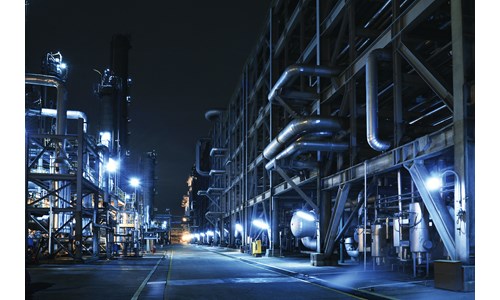How long will Egypt's gas crunch last this time?
This report is currently unavailable
*Please note that this report only includes an Excel data file if this is indicated in "What's included" below
Report summary
Table of contents
-
Executive Summary
- Back to the shortages of a decade ago
- Zohr’s output declines below the DCQ
- Others take their foot off the gas
- Egypt returns to net gas importer status
- Outlook for LNG exports challenged
- What are Egypt’s options?
- Short term
- A lean few years beckon
Tables and charts
This report includes the following images and tables:
- Egypt's gas production by field
- Zohr's current and previous production forecast
- Egypt's piped gas and LNG imports
- Egypt's monthly LNG exports
- Eastern Mediterranean key gas infrastructure
- Eastern Mediterranean and Red Sea Majors exploration acreage and key upcoming wells
- Regional unrisked supply potential
What's included
This report contains:
Other reports you may be interested in
US Lower 48 Gas - corporate benchmarking
Benchmarking US gas producers on strategy, resilience, LNG exposure, and M&A capacity in a tightening market.
$1,350Bakken and Three Forks Key Play
Our Bakken and Three Forks type curve update showcases our latest view on well productivity, well costs, and well economics.
$22,800US upstream week in brief: Q4 2024 archive
The US week in brief highlights the need-to-know current events from US upstream. Stories are supplemented with proprietary Woodmac views.
$1,350














